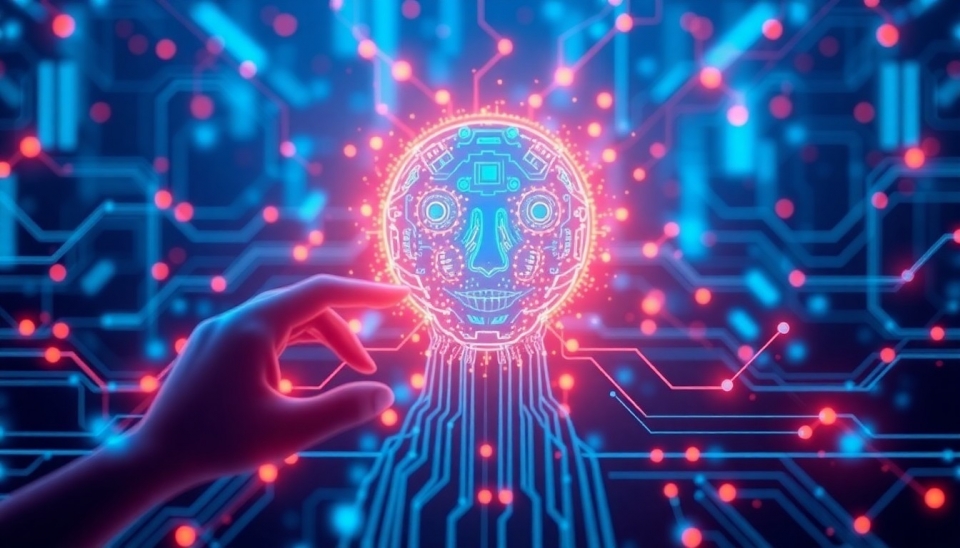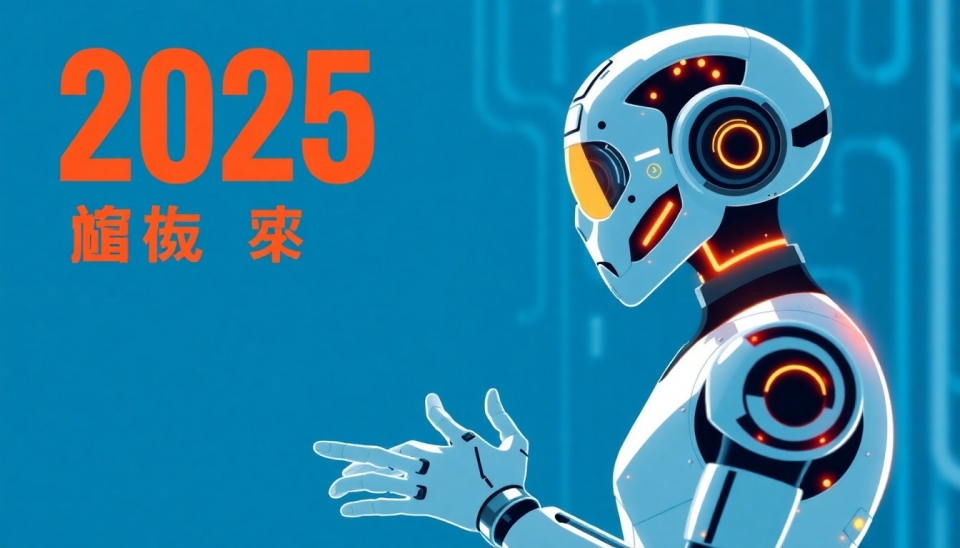
In a rapidly advancing technological landscape, artificial intelligence (AI) continues to evolve, shaping industries and redefining human interactions. As we approach 2025, analysts and experts are keen to speculate on the next significant developments in AI technology and its implications for society. This article unpacks the insights emerging from recent discussions on the future trajectory of AI.
As AI technology becomes more integrated into various sectors, one prominent feature expected by 2025 is the enhancement of its capabilities in automating processes. Automation powered by AI is anticipated to take center stage, particularly in industries such as manufacturing, logistics, and even services. Businesses are increasingly realizing the efficiencies that AI can bring, leading to reduced operational costs and improved output quality.
Moreover, the role of AI in the workforce is set to evolve. Experts predict that AI tools will not only automate manual tasks but will also assist workers in more complex problem-solving environments. This shift suggests a collaborative future where humans and machines work side by side, utilizing each other's strengths. This evolution raises questions regarding job displacement versus job transformation, a hot topic for policymakers and business leaders alike.
Another critical area of advancement is AI's ability to interact with human emotions. The rise of emotional AI, which enables machines to understand and respond to human emotions, is believed to enhance user experiences across different platforms - from customer service to individual-oriented applications. By 2025, we could witness machines that can gauge user sentiment better than ever before, leading to more personalized interactions.
In the realm of healthcare, AI is expected to revolutionize patient care. Predictive analytics and AI-driven diagnostics could become commonplace, allowing for more accurate assessments and timely treatments. As the healthcare industry increasingly adopts AI technologies, experts warn of the ethical concerns surrounding data privacy and algorithm bias that need to be addressed. Safe, fair, and ethical implementations will be crucial in gaining public trust as these technologies develop.
Additionally, the integration of AI into different sectors will likely spur more regulatory scrutiny. Governments and organizations around the world are recognizing the need to establish guidelines and standards for AI development to prevent misuse and address ethical dilemmas. The next few years will see ongoing debates on how to strike a balance between innovation and regulation, ensuring that advancements do not come at the expense of societal values.
As we look ahead to 2025, the integration of AI into daily life appears inevitable. The focus will lie on ensuring that these technologies improve the quality of life while addressing the accompanying challenges. As new applications of AI emerge, continual dialogue among stakeholders will be essential to navigate the complexities this powerful technology presents.
In summary, as we gear up for the advancements that 2025 promises, it is clear that the evolution of AI will have profound impacts across various sectors. The conversation surrounding AI will not only revolve around technological progress but also ethical considerations and societal implications. Staying informed and involved in these dialogues will be essential in shaping a future where AI complements human potential rather than detracts from it.
#AI2025 #ArtificialIntelligence #FutureTech #Automation #EmotionalAI #HealthcareInnovation #EthicalTech #SocietyAndAI #Regulation #TechForGood
Author: Liam Carter
